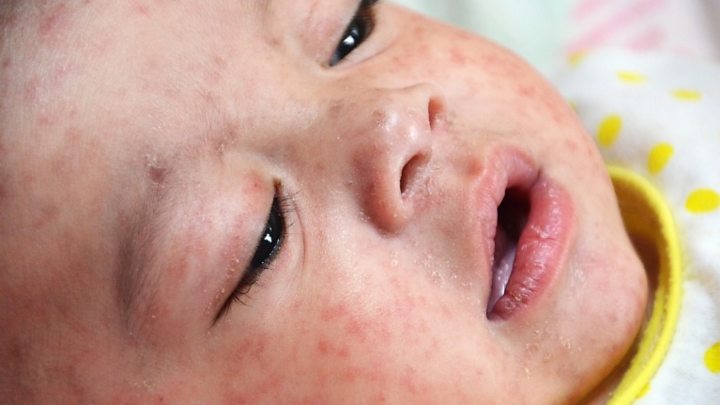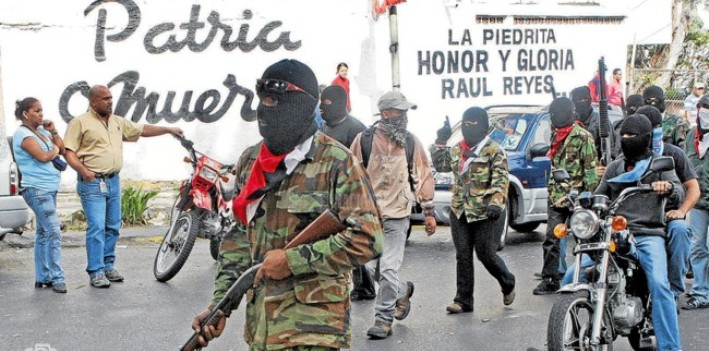Remember the panic Americans went through of the annual exercises called Jade Helm? It was an Obama operation where his military was practicing to impose martial law across the country so Obama would remain a forever president. Then Alex Jones bought into that notion and the message spread for months. It was a Russian troll operation, a very successful one. The Russians have made a fine art form of disinformation such that even government officials and media cannot make the distinctions.
Then of course there was/is the whole election interference operations not only in the United States but, Britain, Ukraine, France and even Mexico.
Among other disinformation campaigns is the whole vaccination thing. Well, the anti-vaccination thing set in and Americans have in countless cases refused to get their children vaccinated as any of them would or could cause autism.

The United States was not the only target for the Russian troll operation(s). Going back as far as 2014, the fake Tweets began. Even the World Health Organization as well as the American Journal of Public Health bought into the issue and Britain paid the price. But, some savvy media types at least did the digging and research once again proved that pesky Internet Research Agency was the culprit. Russia caused a panic and it has worked. Today, there is a measles outbreak around the country due to this anti-vaccine mission. Beyond Britain, even Russia targeted Ukraine.

We are now in a state by state policy matter over the spread of measles and some towns have quarantine programs for people without vaccines or making laws demanding vaccines be administered. Will it end with measles? Likely no. This will affect international travel and visa programs including approvals.
Russia has effectively weaponsized health systems.
A 2018 report by the American Public Health Association, titled “Weaponized Health Communication: Twitter Bots and Russian Trolls Amplify the Vaccine Debate,” came to a similar conclusion.
“Whereas bots that spread malware and unsolicited content disseminated antivaccine messages, Russian trolls promoted discord. Accounts masquerading as legitimate users create false equivalency, eroding public consensus on vaccination,” the report said.
“Health-related misconceptions, misinformation, and disinformation spread over social media, posing a threat to public health. Despite significant potential to enable dissemination of factual information, social media are frequently abused to spread harmful health content, including unverified and erroneous information about vaccines,” it continued. “This potentially reduces vaccine uptake rates and increases the risks of global pandemics, especially among the most vulnerable.”
Measles was considered eliminated in the U.S. in 2000 because of vaccines against measles, mumps, and rubella. Nevertheless, cases have increased in the U.S. Public health professionals have called the disease a leading cause of death among children.
The World Health Organization has said that fear of vaccines has become one of the top threats to global health as previously eradicated diseases make a comeback.
“Vaccine hesitancy—the reluctance or refusal to vaccinate despite the availability of vaccines—threatens to reverse progress made in tackling vaccine-preventable diseases. Vaccination is one of the most cost-effective ways of avoiding disease—it currently prevents 2-3 million deaths a year, and a further 1.5 million could be avoided if global coverage of vaccinations improved,” a World Health Organization report reads. “Measles, for example, has seen a 30% increase in cases globally.” Read more here from Newsweek.






